Imagine a scenario – “You are out camping with your friends and family. After an entire day of adventuring, you finally come back to your campsite and hit the hay. But when you wake up in the morning, you realize that your tent, sleeping bag, camping gear, etc., are all wet!”. Has this ever happened to you? If it did, then you might be thinking that it was caused by rainwater that leaked into your tent. But you would be wrong to think that. The real culprit of this crime is – condensation.
So, what is condensation? And where does it come from? Scientifically speaking, condensation is the conversion of vapor to a liquid. During the night, when the temperature falls, the moisture in the air condensates and forms water droplets. Therefore, condensation is more likely to form in warm tropical areas than in dry arid regions. In colder areas, the moisture in the air directly turns into ice due to sublimation and falls to the ground as snow.
What Causes Condensation?
Although condensation by itself isn’t necessarily harmful in any way. But if you get your tent, camping gear, and yourself wet during the night, then there is a chance that you may end up damaging your camping equipment or catching a cold yourself. Condensation is also one of the biggest causes of mold and mildew. However, before we discuss how to keep out condensation while camping, we must first identify its sources.
The causes for condensation while camping is:
- Rain: When it rains, the surrounding air naturally stores a lot of moisture.
- Natural humidity: Humidity can vary from region to region as some areas have more while others have less.
- Water bodies: Setting up your campsite near water bodies can also cause condensation to form in nearby areas.
- Breathing: If you have too many people living inside your tent, then expect a lot of condensation.
- Cooking: It’s better to cook outside of your tent than inside if you want to avoid condensation.
- Wet clothes and gear: As the wet clothes and equipment inside your tent become dry, the moisture is released into the air.
How To Keep Out Dampness When Camping?
Now that we know the causes let’s find out what you can do to keep the dampness out when you are out camping.
- Choosing the right campsite: As mentioned before, you should probably avoid setting your camp around water bodies. Additionally, staying away from lush green grass fields is also imperative if you want to prevent your campsite from becoming damp. So, to avoid condensation, you can set your camp up on top of hilly areas with warm temperatures and good airflow.
- Ventilation is key: Opening your tent window or door can help prevent dampness. Picking out a tent with lots of mesh panels is the best choice as it allows excellent airflow while also preventing bugs from entering your tent while you sleep. As most moisture is stored in the air, a good wind flow prevents the formation of water droplets.
- Avoid cooking inside your tent: Although plenty of tents offer cooking facilities, it’s best to avoid doing that. That is because boiling water produces a lot of steam which can get trapped inside your tent and produce condensation. Also, there is a risk of your tent catching fire.
- Don’t bring in wet clothes and gear inside your tent: If you bring in wet clothes and equipment inside your tent, they will form a lot of condensation as they dry. A better solution is to hang your clothes and gear outside under the sun. That way, it will dry quicker while also not forming condensation. But if you have no other choice but to bring them in, then use a dry bag for storage rather than just leaving everything out.
- Keep the inside of your tent dry: Unfortunately, it is not possible to completely avoid condensation when you are out camping. So, bring a pack of towels with you so that you can easily wipe away any build-up of condensation.
- Air out your sleeping bags in the morning: Sometimes, you won’t even notice condensation inside your sleeping bags. Moreover, it can lower the lifespan of your sleeping bag while also causing the inside of it to smell. The best course of action here is to air out your sleeping bags regularly in the morning. Of course, this applies to sleeping pads as well.
- Keep your sleeping pad separate from your sleeping bag: Speaking of sleeping pads, you should keep both of them separate from each other when storing them. Otherwise, if they come into contact with each other, then there is a chance that the moisture from the condensation may transfer from the sleeping bag to the sleeping pad.
- Use silica gel packs inside of dry bags: Dry bags are great at keeping your items dry and condensation-free. But sometimes, just a little bit of moisture inside the dry bag can form condensation. To avoid this, use silica gel packs inside your dry bag. Silica gel will absorb any moisture in the air and keep your electronics and valuables dry.
Condensation can lead to a lot of complications during camping if it is left unchecked. Unfortunately, there aren’t any concrete methods to completely stop the formation of condensation. That is because several factors affect how much condensation you will have to deal with, such as weather, temperature, region, etc. But as per the saying, “prevention is better than cure,” we have prepared a list of all the things you can do to keep your tent, sleeping bag, and sleeping pad dry.

William Arrovo seeks thrills and laughter in everything he comes across. He is a fun loving person with a zest of exploring the breathtaking places around the globe. He feels content in sharing his experiences of travelling to various countries. He is grateful about enriching himself with a myriad of cultures and rejuvenating his soul while staying outdoors.

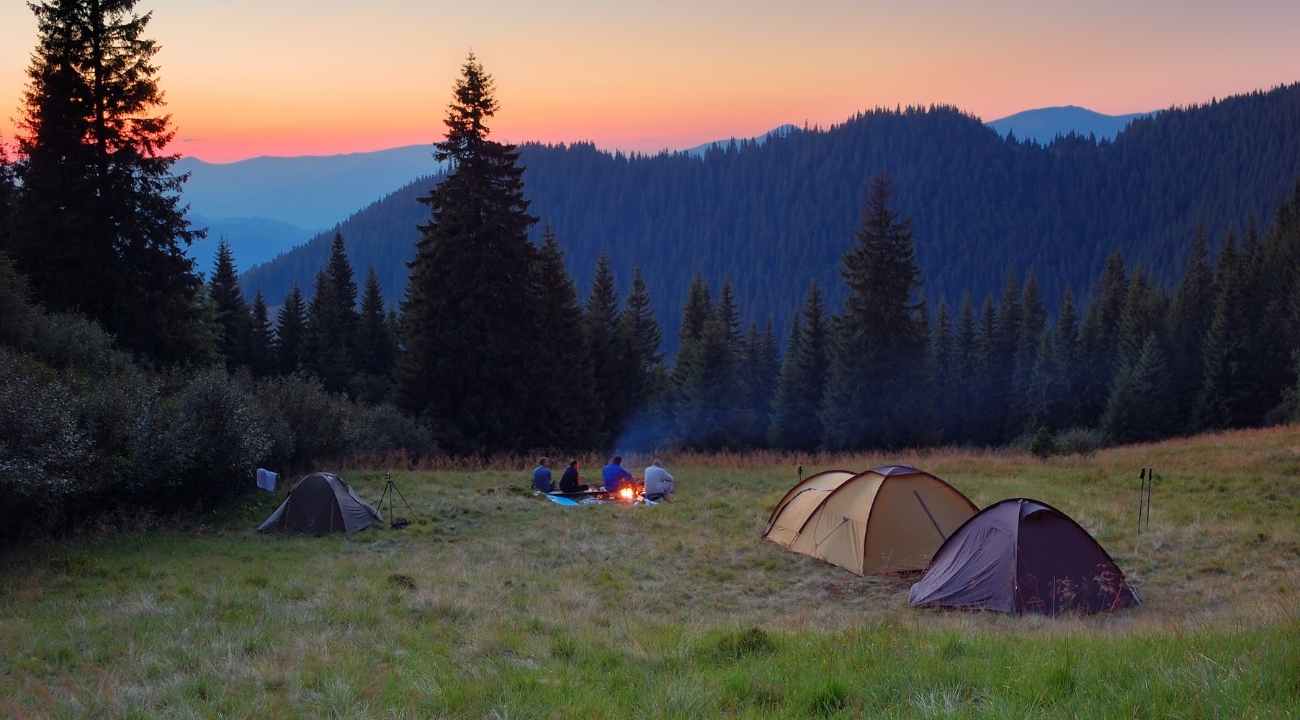

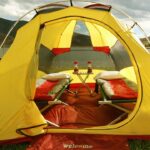

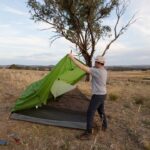
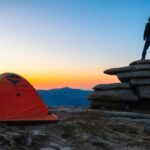

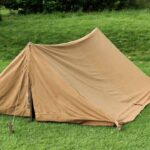
Leave a Comment